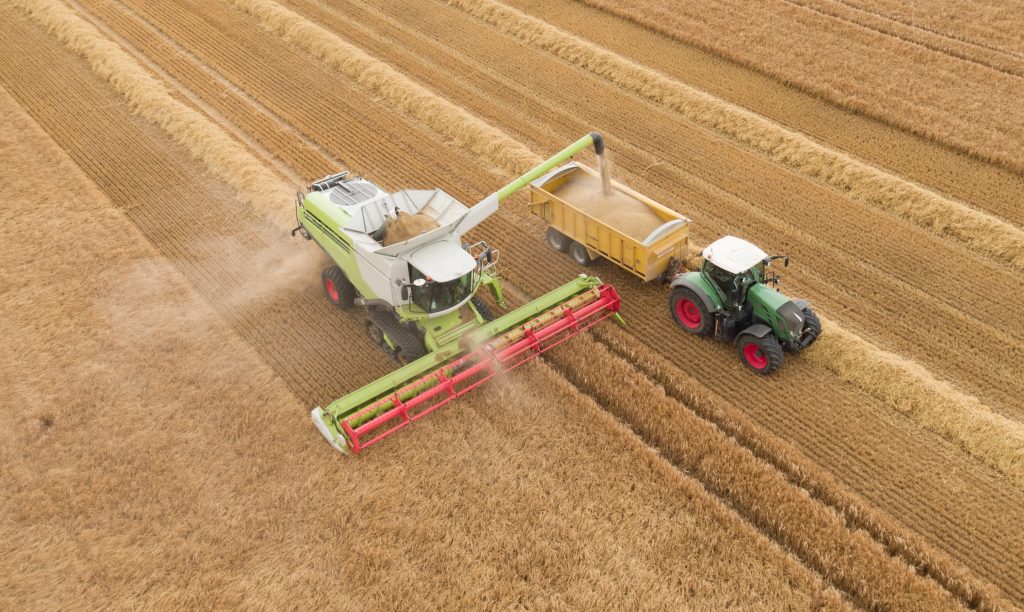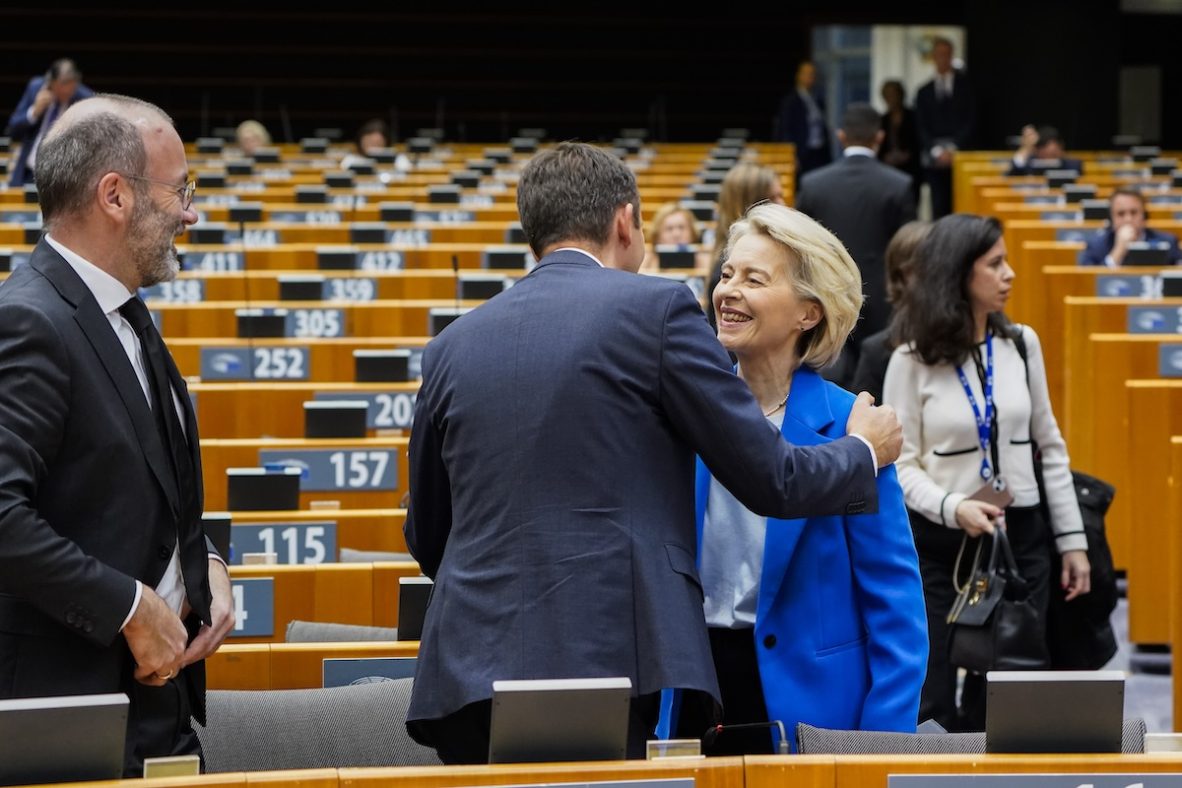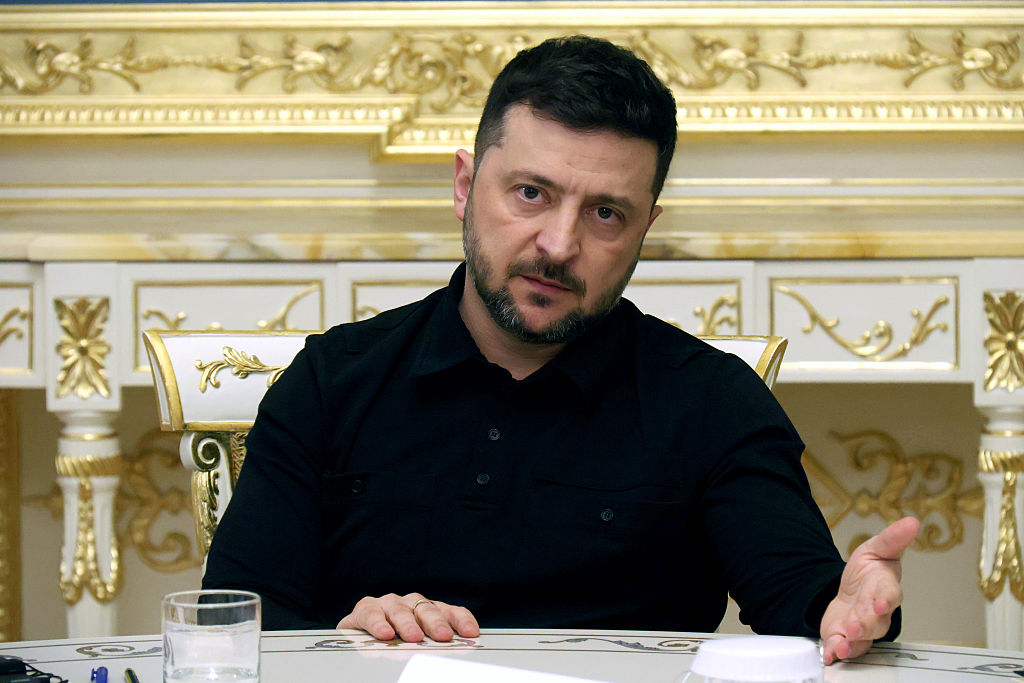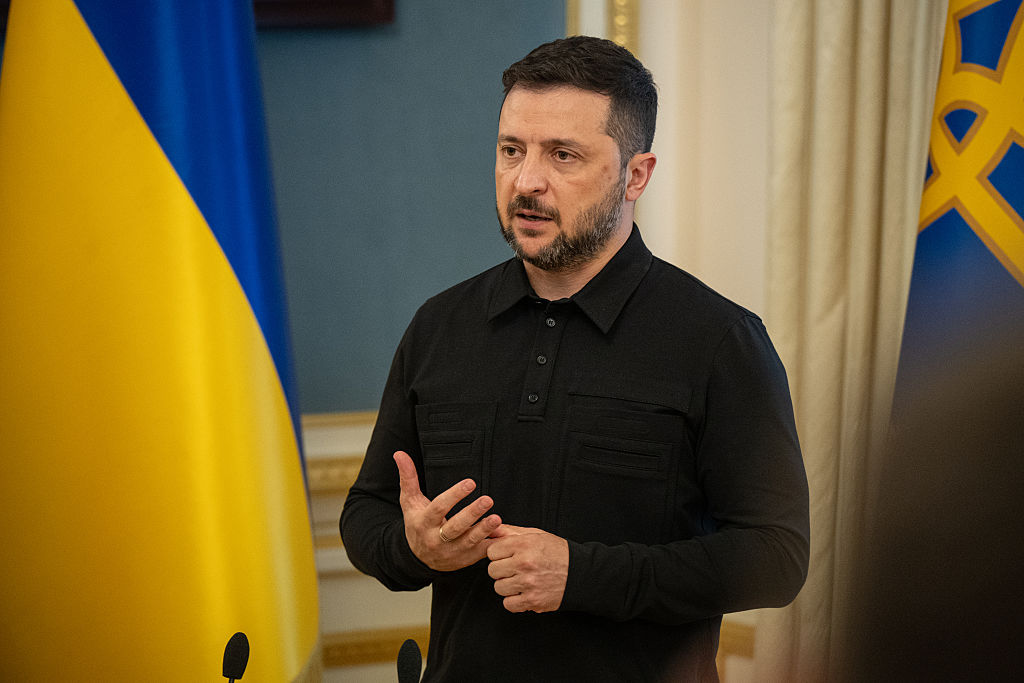Ukraine's EU path fuels 'superfund' concerns for cohesion and farm finance
Farmers are worried the EU’s regional and agricultural support systems won’t be adequately shielded from the impact of Ukraine’s accession to the Union.

As the European Union weighs Ukraine’s path to membership, mounting concerns are being voiced across the bloc over the potential impact on cohesion policy and agricultural funding – two pillars of EU solidarity. In Hungary, these fears are voiced particularly strongly.
Hungarian agricultural leaders, supported by major EU farming bodies like COPA-COGECA, held a protest in Brussels, warning that Ukraine’s accession could reduce existing CAP funding by up to 25 per cent.
According to Zsolt György Papp, President of Hungary’s National Chamber of Agriculture (NAK), this would severely threaten the livelihoods of farmers in Hungary and other Eastern European countries.
“We must shield the EU’s agricultural support system from the consequences of Ukraine’s accession,” Papp said, stressing that food security and rural sustainability – involving some €400 billion – are at stake.
The protest coincided with leaked plans from the European Commission suggesting that agricultural funding could be absorbed into a broader “superfund” that includes cohesion and defence expenditures.
Critics argue this would dilute CAP’s core functions – basic income support, investment in agri-tech, and sustainability measures.
NAK Vice President Tibor Cseh warned that “stealth legislative efforts” to blend CAP and cohesion funds could dramatically shrink agriculture’s share of the EU budget.
Hungarian agricultural impact
Hungarian officials have echoed these concerns. Fidesz MEP Csaba Dömötör accused Brussels of preparing to dismantle CAP to reallocate funds for Ukraine’s accession and other ideologically driven programmes.
“The first victim will be area-based support,” he said in Brussels, referring to direct income support relied upon by over 150,000 Hungarian farmers.
Dömötör claimed that Ukraine’s vast agricultural base – over 40 million hectares – could flood EU markets with cheaper products, many of which are treated with substances banned in the EU, further undercutting local producers.
He warned that cohesion policy could also be compromised.
Speaking at a Fidesz party forum in Zalaegerszeg, he said that Hungary’s cohesion and agricultural funds could be significantly reduced, while market openings for Ukrainian goods may occur even before full membership.
He argued that this would result in “severe consequences” for Hungary’s rural economy.
The agricultural turning point
These views resonate with a broader policy debate in Brussels.
A policy briefing by the European Parliamentary Research Service (EPRS) highlights the role of cohesion policy in supporting young farmers and rural development through instruments like the European Agriculture Fund for Rural Development (EAFRD).
While the report does not mention Hungary specifically, it underscores how CAP and cohesion funding are jointly vital for addressing demographic decline and economic disparities in rural areas.
A recent analysis by the Robert Schuman Foundation reinforces these anxieties.
Countries like Hungary, Poland, and Romania saw sharp production drops in 2024 – some by over 15 per cent – in a year the foundation describes as a “turning point” for European agriculture, marked by climate extremes, economic downturns, and geopolitical uncertainty.
The analysis notes that these hardships have worsened economic conditions in rural areas and stirred political dissatisfaction.
In some regions, EU policies are viewed with suspicion, echoing painful memories of past external control. As a result, there is growing frustration over what are seen as one-size-fits-all regulations that ignore local realities.
High-stakes dice
While Western countries like Sweden and Luxembourg have managed to boost production through strategic investments and adaptation, many Central and Eastern European farmers struggle to keep up.
They feel squeezed between environmental rules and market pressures, particularly as cheap imports and uneven trade deals, such as the controversial MERCOSUR agreement, are perceived to be undermining their efforts.
The Commission has promised to simplify regulations and support small farms, but these promises must be backed by funding and tailored to fit the diverse conditions of Central and Eastern Europe.
Technology and innovation – including digital tools and precision farming – are seen as key to the future. But smaller farms in the region may lack the resources to adopt these rapidly.
Fiery debate incoming
As the European Commission prepares proposals for the post-2027 Multiannual Financial Framework (MFF), stakeholders from across the EU are calling for early intervention.
“We have to act before official proposals are released – only then do we stand a real chance of influencing the outcome,” said Tibor Cseh.
While supporters of Ukraine’s EU bid argue that enlargement strengthens geopolitical stability and aligns with the bloc’s values, critics insist that the price should not be paid by Europe’s farmers and rural communities.
As Hungary and its regional allies push back against a perceived erosion of EU solidarity, the debate over cohesion and agriculture funding promises to be one of the most contentious in the coming budget cycle.
The stakes for the region, where the success of EU agricultural reform will depend on bridging economic divides and rebuilding trust in the European project, are especially high.
[Edited By Brian Maguire | Euractiv’s Advocacy Lab ]









